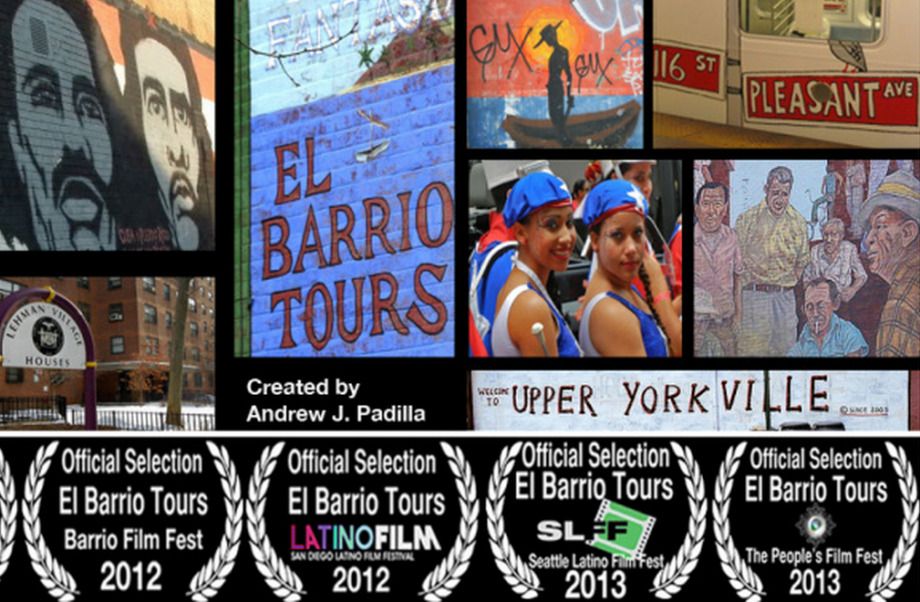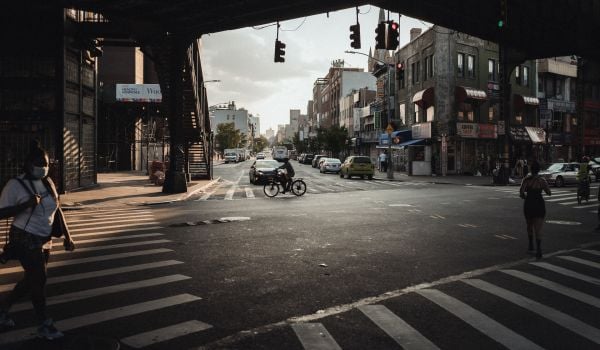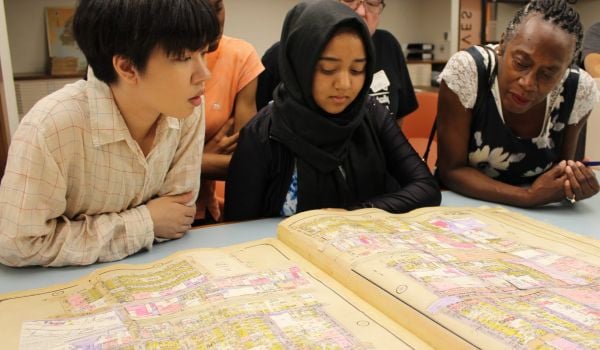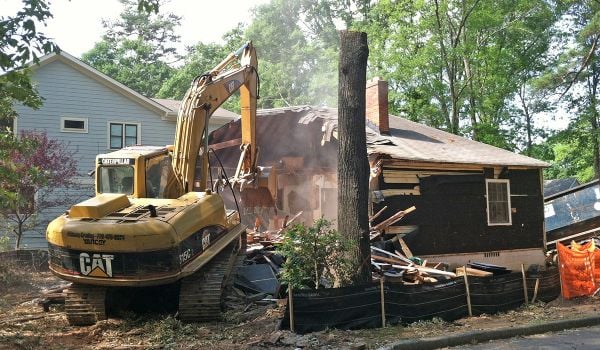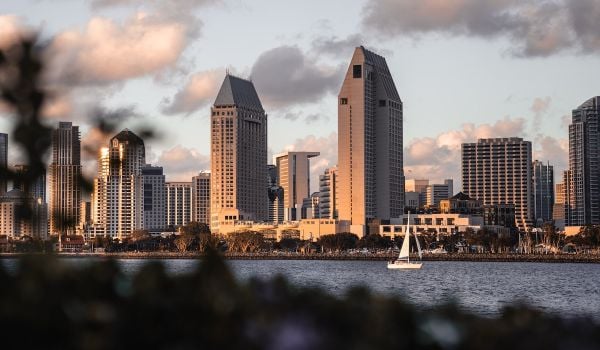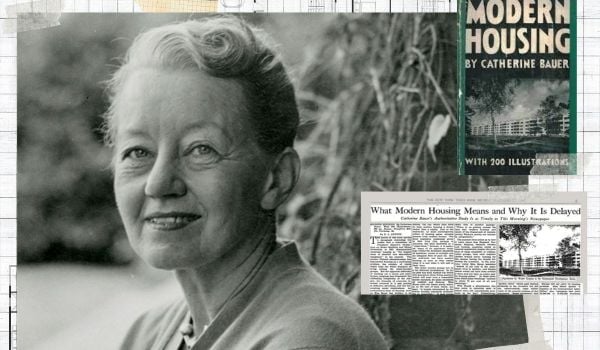“Affordable is determined by the average income in the tri-state area,” says Andrew J. Padilla. “Something could be affordable to the tri-state area, and be completely out of range in my neighborhood.” In Padilla’s native East Harlem, the median family income is $35,600 a year.
Yes, you’ve read about gentrification issues, particularly in New York, over and over. As Dax-Devlon Ross put it in “A Black Gentrifier Moves to the Suburbs”:
We writers tend to find the same urban studies experts and non-profit executives, quote the most updated versions of the same census or economic policy data, and trot out variations of the stock community member who either a) utterly despises the very idea of gentrification or b) unabashedly sings its praises without considering its downsides.
But Andrew J. Padilla is not that guy, and his El Barrio Tours documentary project is not that kind of piece. Padilla has a serious problem with grandmothers falling into economic distress due to rising rents, and to say that he’s concerned about the lack of affordable housing in New York City would be an understatement.
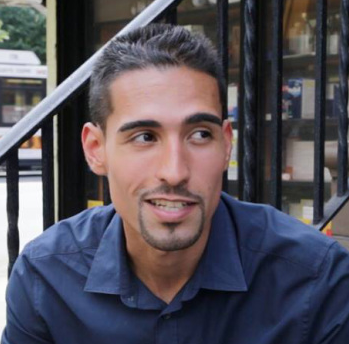
Andrew J. Padilla (Photo by Daniel Zimmer)
“This history of ethnic change in working class immigrant neighborhoods is often used to negate discontent communities have about the core economic change their hood is undergoing. Some, to avoid that attack, ignore the historical change of races in their hood altogether,” Padilla explained via email. “[But] so many different ethnic groups came through our hood because it’s been an affordable place for working-class immigrants. That it no longer is affordable to the working and middle class is the biggest change it has undergone over the past 100 years.”
With his first film selected and prized at several festivals, Padilla is now touring. He’s looking at how gentrification is affecting communities in at least 15 other cities, including New Orleans, Austin, San Francisco and Vieques. He’s about a third of the way through and a follow-up film, El Barrio Tours: Gentrification USA, will be a compilation of what he’s learning along the way.
“I didn’t know what … gentrification was. I knew my neighborhood was going through something, and I wanted to deal with it,” Padilla says of his motivation to make the first documentary. The impetus to create a sequel arrived while screening El Barrio Tours in San Diego.“The film was selected to go to the San Diego Latino Film Festival in 2012. And there was 60 people from Barrio Logan, which is the Mexican community there, about 15 minutes outside of the [city center]. And they came at first mostly because they thought the film was about their community. So at first they were like, ‘We thought it was about our community, then we realized it wasn’t and then we realized it kinda was,’” says Padilla. “I realized developers talk to each other, policymakers talk to each other … When I was in San Diego [a woman] said ‘I wish we could all connect.’ I’ve been trying to figure out how to do that with this project.”
Padilla only goes where he’s invited. He doesn’t believe that it’s his place to show up somewhere out of the blue and conduct a conversation. That’s why filming for Gentrification USA is happening piece by piece, reliant on calls from local community organizations and donations that Padilla has been crowdsourcing on a GoFundMe page.
What lessons may come in part two? Padilla shares that he has been impressed with the development of community land trusts. But one of the biggest lessons, he says, was perfectly stated by a woman he met in Minneapolis. He’s included a bite of it in the trailer:
“I think the answers to these problems are all around us,” says Padilla. “I haven’t been to one city yet that isn’t responding. It’s emboldened me a lot to know how many other communities are being active.”
The Equity Factor is made possible with the support of the Surdna Foundation.

Cassie Owens is a regular contributor to Next City. Her writing has also appeared at CNN.com, Philadelphia City Paper and other publications.
Follow Cassie .(JavaScript must be enabled to view this email address)


